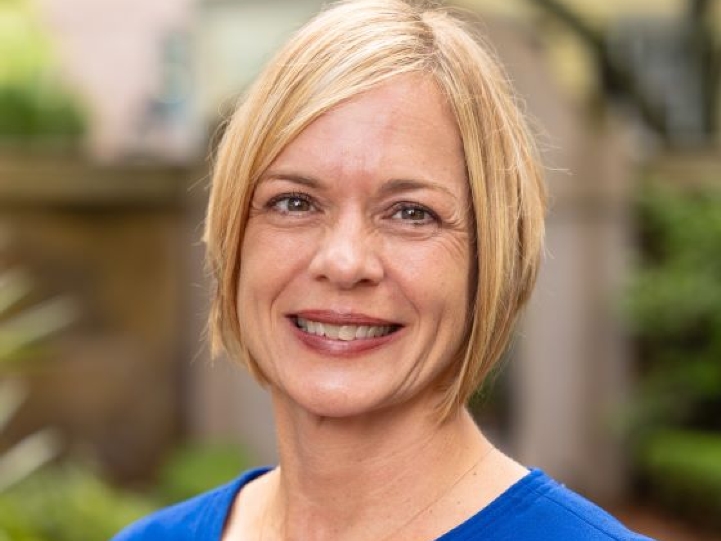
Three Strategies to Prepare for Important Conversations
Health, Safety, and Well-being Supporting the Profession AVP or "Number Two" Senior Level VP for Student Affairs
October 30, 2023
One of the benefits of being a more “seasoned” student affairs professional is the wonderful opportunity to learn so much from the many people we encounter during our journey. An area of continued leadership focus for me is honing my best strategies for engaging in important (and sometimes difficult) conversations. Supportive mentors and colleagues have shared with me several strategies for navigating in these spaces. Here are three I incorporate regularly. I hope they may be helpful to you, too.
Take time to breathe. Allowing ourselves to focus on the sensation of our breath unites the mind and body in the current moment. This prepares us mentally and physically to be present in the conversation we are about to have. Breath focus enhances our ability to slow our thoughts and creates more space for active listening. Breathing with awareness lowers the heart rate and signals to the nervous system that we are okay. This may foster a sense of calm when we feel anxious.
While it sounds simple (i.e., Just breathe!), it takes practice to train ourselves to pay attention to our breath. One minute of focused breathing creates much benefit. There are many ways to incorporate some moments to breathe into our days. Smart watches and smart phones often include breathing apps. For a simpler strategy, try setting a timer. Consider starting with one minute, perhaps a few times each day. See if you can direct your mind to notice only your inhales and exhales.
Practice a loving-kindness meditation. A loving-kindness meditation allows us to calm our minds and focus on directing our energy toward kindness and compassion, both for ourselves and others. The purpose of this meditation is to guide us through a process of both experiencing love and kindness and offering love and kindness. It fosters a greater sense of connectedness. There are many ways to approach this practice. Here is one example.
If you would like to try this meditation, you may wish to settle in by first focusing on your breath (see above). A loving-kindness meditation includes first bringing to your mind someone who loves you unconditionally. Picture them and allow yourself to feel their love and kindness and send your love and kindness to them. Next, picture yourself and send your love and kindness to you. Third, bring to your mind someone you may be challenged to love (or like). Send your love and kindness to that person. Finally, allow your mind to expand to include all beings and send them your love and kindness.
I often include this mantra from the yoga tradition into my loving-kindness meditation (and it can also be used as a strategy of its own). “May all beings everywhere be happy and free, and may the thoughts, words, and actions of my own life contribute in some way to that happiness and freedom for all.”
Taking some time to follow this meditation before important conversations may help center you and better align you to come from a place of caring and connectedness.
Read the words of someone who inspires you. Several years ago, I sought advice from a mentor about how to approach a challenging conversation. He encouraged me to take a few minutes before the meeting to read the words of someone whose work inspires me. This strategy allows us to place their tone, language, and lessons into our minds. Once planted there, they can guide us in our conversation. We may find these words of inspiration in works of our favorite writers or in encouraging notes we have received. The source may vary depending on whose words may best prepare us for the conversation.
One of my treasured sources for words of inspiration is a book compiled from the writings of Joanne Van Sant, my beloved vice president for student affairs from my undergraduate institution, Otterbein University in Ohio. The words I often read conclude her Leadership Creed. She shares, “Hopefully, I will fulfill my leadership role in such a way that when my term of service is over, I can feel a sense of pride and satisfaction in knowing I have done my best.”
Perhaps these strategies can serve us not only as we approach important conversations, but as we approach our important work each day. I send out to each of you my wishes for moments to breathe, loving-kindness, and a deep connection to words which inspire you.

Alicia Caudill serves as the executive vice president for student affairs at the College of Charleston and is a member of the NASPA James E. Scott Academy Board.